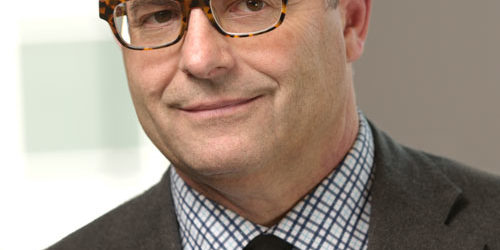Professor George Selgin, Director of the Cato Institute’s Center for Monetary and Financial Alternatives. Author and world known economics expect joins us to discuss the great recession, the governments actions, and how those actions worked or did not work, to big to fail, the government take over of banks and FNMA and Freddie Mac. The moral hazards and lines crossed during the recession as well he tells us what he thinks of the economy now and what lessons should be learned from the past. Did we fix the problem?
Dr. George Selgin
Appearances
October 3, 2018
Websites
Bio
George Selgin is a senior fellow and director of the Center for Monetary and Financial Alternatives at the Cato Institute and Professor Emeritus of Economics at the University of Georgia. His research covers a broad range of topics within the field of monetary economics, including monetary history, macroeconomic theory, and the history of monetary thought. He is the author of The Theory of Free Banking (Rowman & Littlefield, 1988); Bank Deregulation and Monetary Order (Routledge, 1996); Less Than Zero: The Case for a Falling Price Level in a Growing Economy (The Institute of Economic Affairs, 1997); and, most recently, Good Money: Birmingham Button Makers, the Royal Mint, and the Beginnings of Modern Coinage (University of Michigan Press, 2008).
Selgin is one of the founders, along with Kevin Dowd and Lawrence H. White, of the Modern Free Banking School, which draws its inspiration from the writings of F. A. Hayek on denationalization of money and choice in currency. Selgin has written for numerous scholarly journals, including the British Numismatic Journal; the Economic Journal; the Economic History Review; the Journal of Economic Literature; and the Journal of Money, Credit, and Banking; and for popular outlets such as the Christian Science Monitor, the Financial Times, and the Wall Street Journal, among others.
Selgin retired from the University of Georgia to join Cato in September 2014. He has also taught at George Mason University, the University of Hong Kong, and West Virginia University. He holds a BA in economics and zoology from Drew University, and a PhD in economics from New York University.





